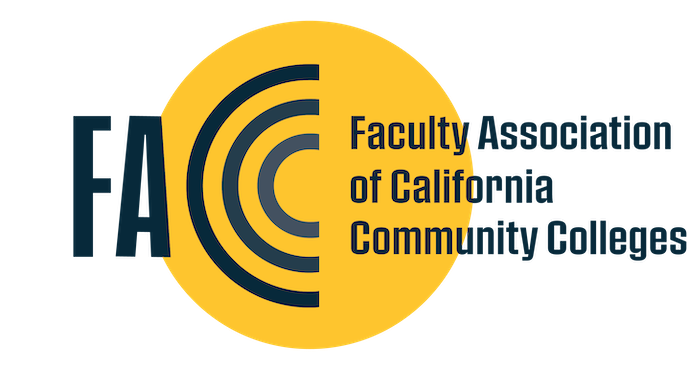Think TankThe FACCC Think Tank is a board-appointed and separately funded work group dedicated to developing legislative strategies that advance FACCC’s advocacy efforts. Tasked with shaping board-approved campaigns, the Think Tank plays a critical role in driving impactful policy initiatives that support California Community Colleges. The Think Tank works in close collaboration with the Legislation and Budget Committee and reports regularly to the FACCC Board of Governors, ensuring transparency, alignment, and strategic focus in its initiatives. By leveraging the expertise of faculty, policy leaders, and stakeholders, the Think Tank helps FACCC remain at the forefront of higher education advocacy, shaping policies that benefit both educators and students across the state. Purpose "To establish a pivotal FACCC Think Tank, initially funded with $10,000, to research and support identified FACCC Campaigns (a series of bills and their necessary marketing to reach identifiable goals). Membership is welcomed from various FACCC Committees, but the Think Tank reports primarily to the FACCC Legislative & Budget Committee. Importantly, it operates under the oversight of the FACCC Board, ensuring transparency and keeping you informed about our work. Campaigns are planned with 4-6-year strategies (to match legislative cycles), with long and short-term goals laid out, evaluated, and revised annually. This strategic approach ensures that our efforts are focused and effective, giving you confidence in the Think Tank's work." Campaigns Campaign One: Campaign for Student Agency and Equitable Access Goal: Modify Ed Code Sections 78213 and 78213.1 to eliminate the unintended consequences of AB 1705. Seeking a remedy to allow students access to stand-alone pre-transfer preparatory courses and address concerns about the elimination of pre-requisite courses for STEM calculus pathway in fall 2027. Seek legislative and policy solutions to address:
Goal: To extend hold harmless provisions, eliminate or significantly modify the Student Centered Funding Formula, create a new funding formula, and increase per-pupil expenditures to levels more equitable with other education systems. Its core objectives are revamping the funding mechanisms and boosting overall funding allocations to ensure parity across educational institutions.
Seek legislative and policy solutions to address:
|
